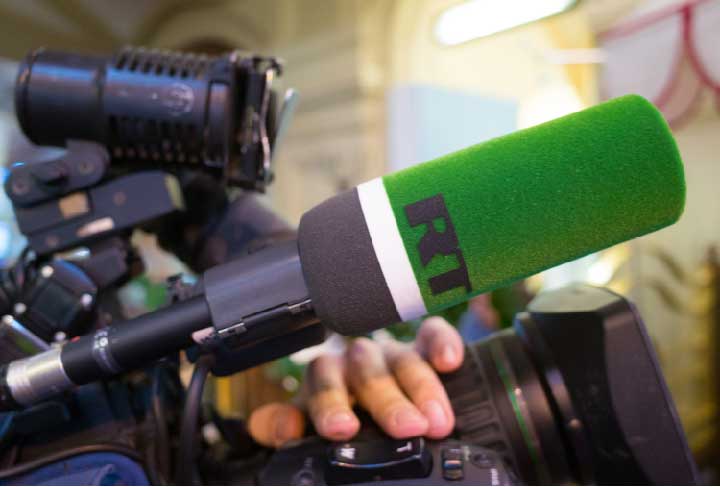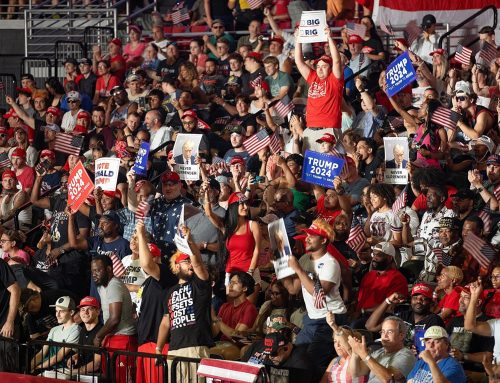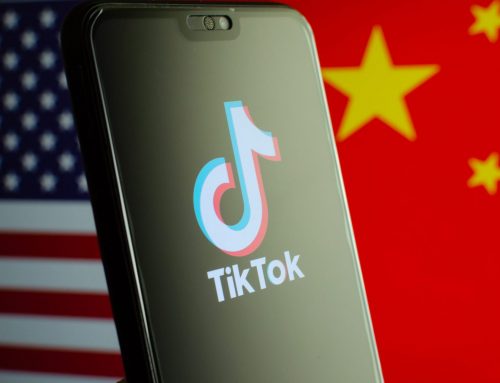In last week’s post-U.S. election coverage from Russian state media, two major topics were the pro-Trump demonstrations in DC the weekend of November 14, in which accounts of violence directed at pro-Trump demonstrators and the size of the rally were common themes, and continuing detailed stories about unsubstantiated fraud allegations made by the Trump team. Russian government and diplomatic accounts on Twitter also put out a spate of messaging on the November 17 BRICS summit. Content featured standard diplomatic themes, such as peace and cooperation on the coronavirus—including some touting of Russia’s coronavirus vaccines. Meanwhile, the backdrop of Russian state media and government officials’ promotion of progress and global interest in Russia’s coronavirus vaccine development continued, with the added addition of content critical of U.S. vaccines—a theme covered in a recent Politico article. Russian media also amplified a disputed allegation that President-elect Biden’s cancer charity “spent millions on salaries, zero on research”—a claim Snopes labelled as misleading. Post-election protests in the United States also drew significant coverage in Chinese state media outlets, with the two most-viewed Chinese state media videos of the week on YouTube covering particularly sensational aspects of the protest. But much of Chinese diplomats’ energy last week went into promoting the ratification of the RCEP, a free trade deal between China, Japan, South Korea, Australia, New Zealand, and the ten ASEAN member states. RCEP was the second most used term by the Chinese Twitter accounts monitored on Hamilton (both diplomats and state media) last week. On the Iranian dashboard, the Joint Comprehensive Plan of Action (JCPOA) was the dominant topic discussed by Iran-linked accounts last week, with the #JCPOA hashtag used in 109 tweets. Tweets from hardline politicians like Saeed Jalili and Mohammad Bagher Ghalibaf threw cold water on talk of better relations with the U.S. under Biden, casting Trump’s administration as merely a continuation of Obama’s anti-Iran posture. Foreign Minister Javad Zarif was more open to rapprochement, at least regarding the JCPOA, as were most pro-regime press outlets. Finally, Iranian politicians and media outlets, like their Russian and Chinese counterparts, continued to mock what they cast as signs of dysfunction and chaos coming out of the U.S. elections.
The views expressed in GMF publications and commentary are the views of the author alone.








